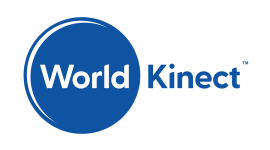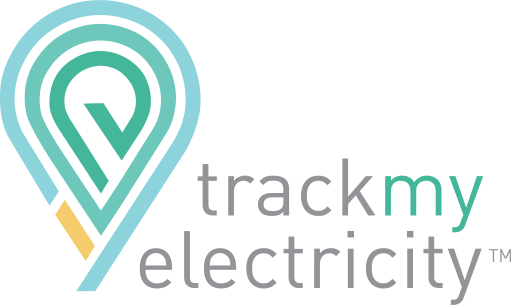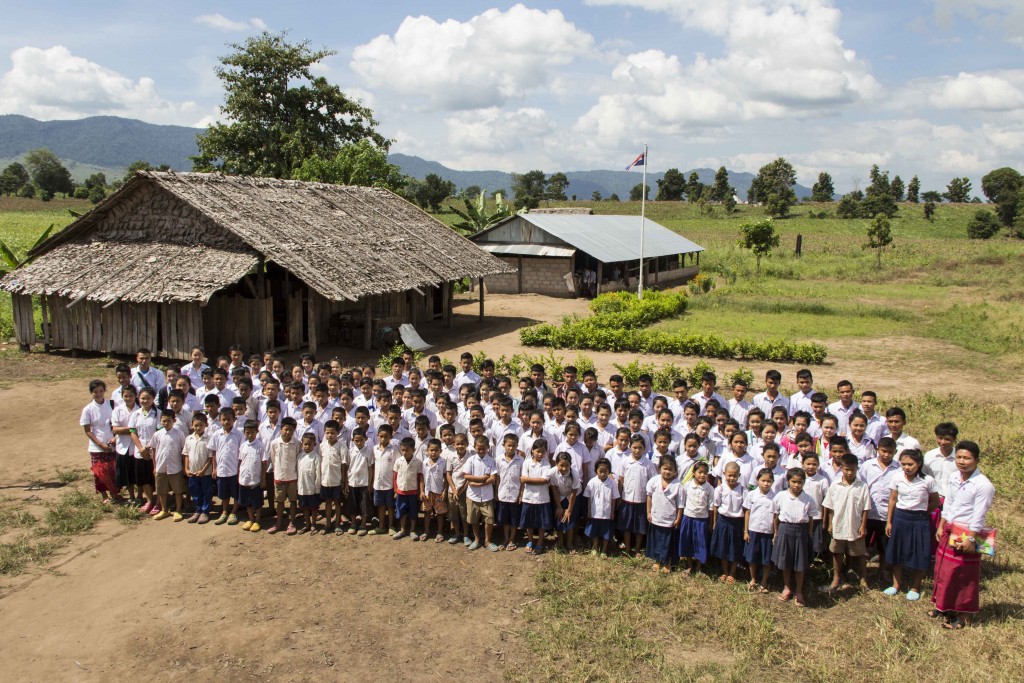By Nick Powers, Solbakken Director
We happy to report that the solar power is having a positive impact on the students, teachers, and school. While the direct benefits of solar-powered electricity are well known – light for studying at night, allowing for teaching aids such as computers, provides safety when going to the toilet at night, eliminates the risk of fire by candle light – the indirect benefits are not always so obvious.
The Nah Lah Ah Tah school only has enough funding to cook two meals a day for more than 150 students. For lunch, the students eat leftover rice from breakfast and fish paste. Without enough funding to provide three meals a day and a very limited budget, where could they free up money to buy enough food for the students?
Before, if the school needed electricity, they would have to borrow a generator and buy fuel. They could very rarely afford this and it was expensive.
Now, with the solar system sponsored by Track my Electricity™, they can use the money, which would have been spent on fuel to buy rice and vegetables for the students. This is an example of an indirect benefit of a solar power installation.
We sat down with some of the students and teachers to hear what they had to say about what has changed now that they have solar power at their school.
*This is a direct translation from Karen to English
Interview with a teacher/headmaster
Name: Tuesday Htoo (male)
What do you use the solar power for most?
– We use the most for students to study and also for toilets, kitchen and dining room.
How has it helped you improve learning or living?
– Decrease our fuel cost. Solar is a quiet tool for students to study. So helpful for longevity at least next 10 years.
What is easy now that was so difficult before?
– No more cost for fuel. In the past fuel use to run out and school has big problem to find funding to get fuel.
Interview with a teacher/headmaster
Name: Naing Soe (male)
What do you use the solar power for most?
-We use most to power dormitory, study time and toilets.
How has it helped you improve learning or living?
– Helpful for teachers to do lesson plan, students also has more time to study as well. This also helps us like an alarm when the lights are on all the students know that it is 5 am to wake up.
What is easy now that was so difficult before?
– Solar power is a quiet tool; do not make noise like generator. So teachers don’t have to wake up to watch all students studying or cooking. This can also gave us to power lightening any time.
Interview with a student
Name: Naw Htoo K’Bla Paw (female)
What do you like about the solar power?
– More time to study compare to before run with generator. Easy to cook in early morning. Feel safe to go to toilet at night.
How does it make your life/studies better?
– More time to do homework at night and to study. Solar power is also safe from domestic fire because candle light can cause fire any time. We also gain more knowledge how to manage and save energy from solar panel produce.
Interview with a student
Name: Saw Hsa Ku (male)
What do you like about the solar power?
– More time to study then before run with generator power. More time to study in the morning. Gain more knowledge about solar energy.
How does it make your life/studies better?
– Has more space to study then before because more lightening make space to study.
Other:
“Thanks for provide solar energy for all friends who study together at our school. This can also bring to the future for our new generation to come to this school. We know this project is really benefited to our school and next generation. Future generation can still use this solar system if well taking care.
We really thanks to who support our school lighting system.”


